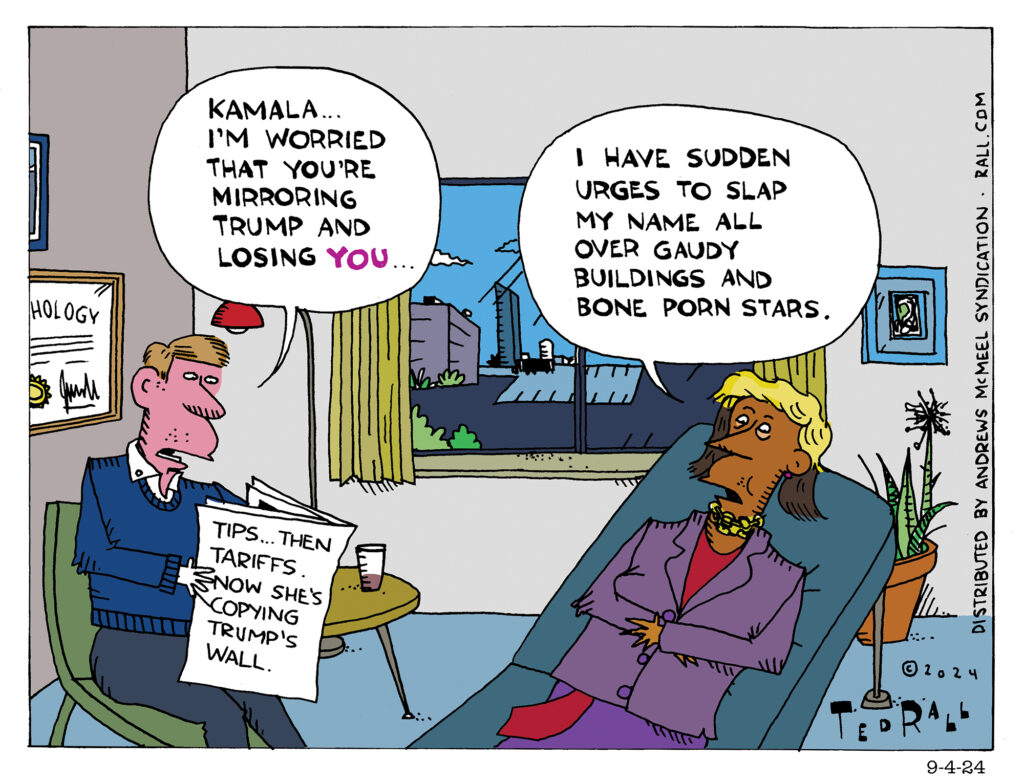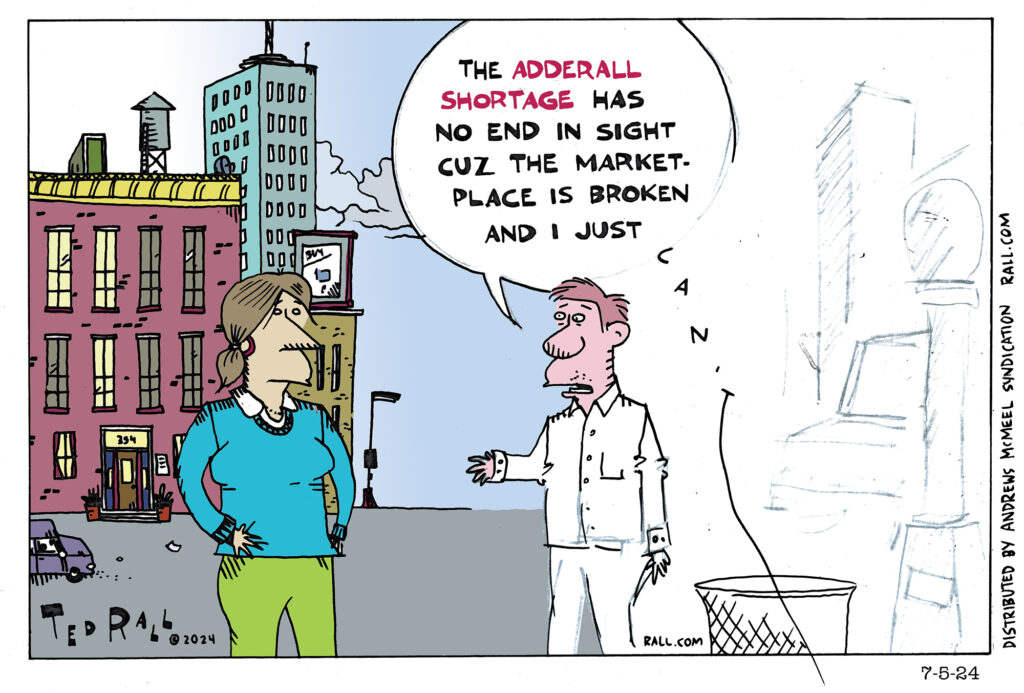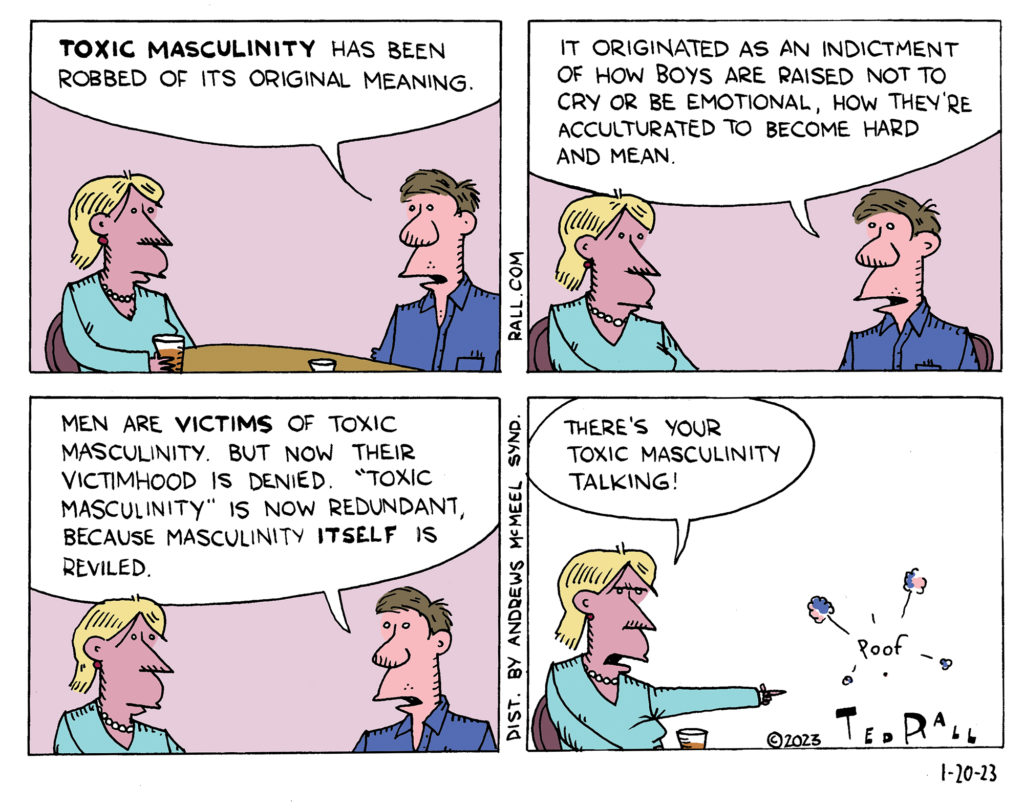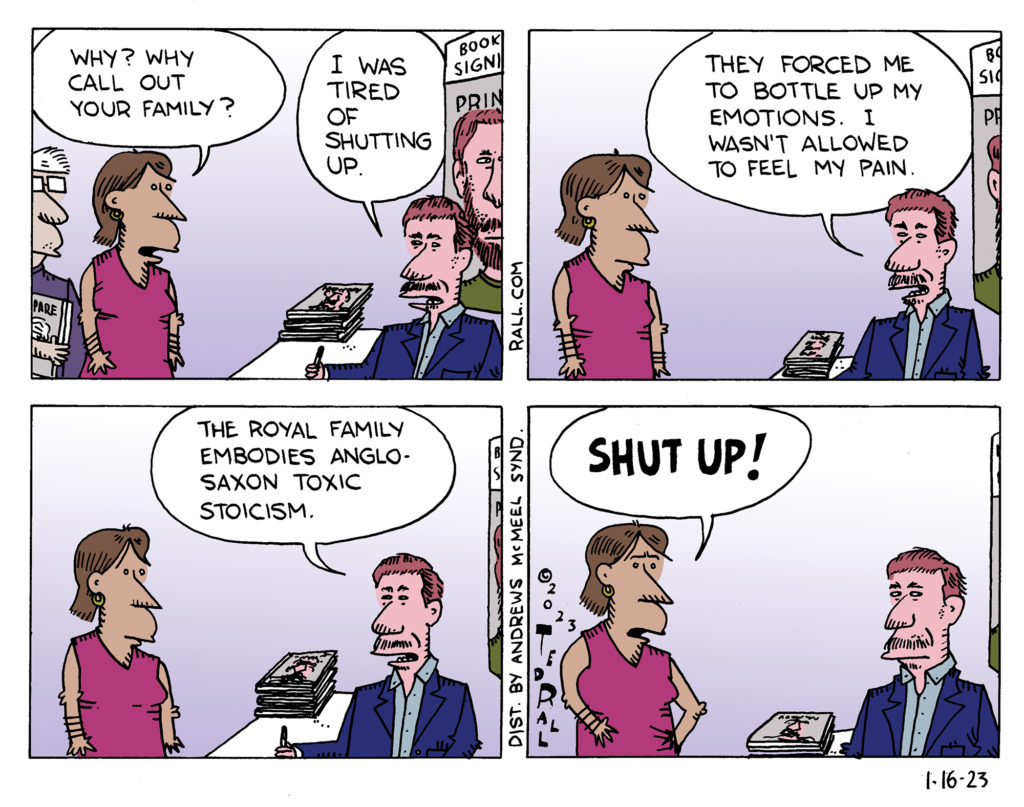Live at 10 am Eastern/9 am Central time, and Streaming 24-7 Thereafter:
Moral injury, or the deep distress that can emerge when you feel that your values have been violated, either by yourself or someone else, is about to be added to the American Psychiatric Association’s D.S.M.-5, psychiatry’s classification of mental health conditions, to include the notion that moral problems could contribute to a mental health condition..
The resulting feelings of powerlessness, guilt and shame can lead to mental health problems like anxiety, depression and even suicidal behavior.
On today’s episode of “The TMI Show,” Ted Rall and Manila Chan discuss Moral Injury. What is it? Is it a real mental phenomenon? Can you avoid it? What can you do if you suffer from it?

 When a marriage is in crisis,
When a marriage is in crisis, 




